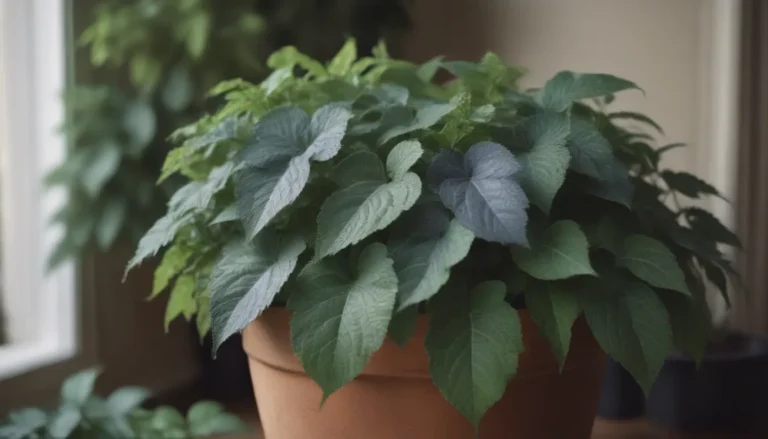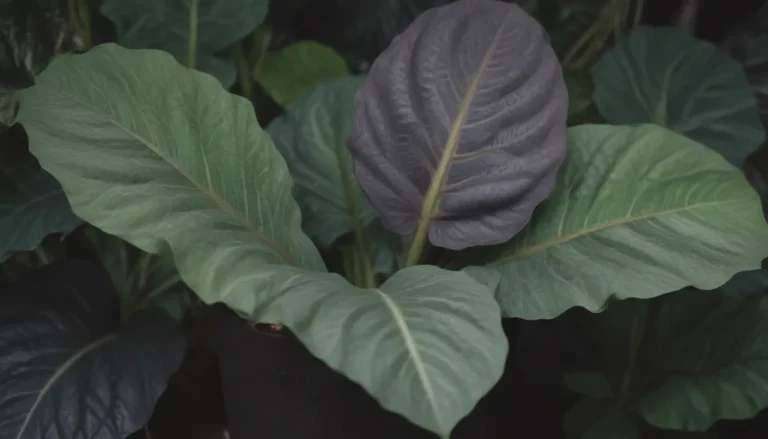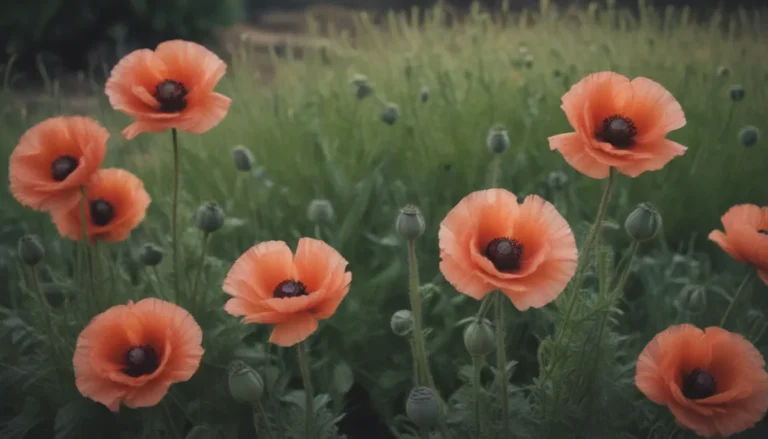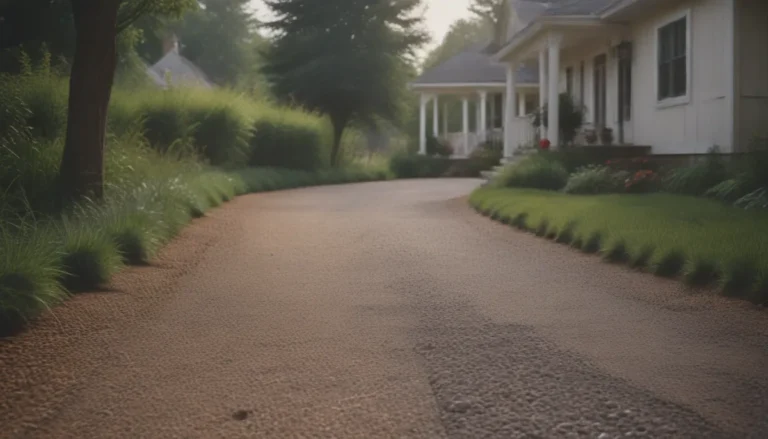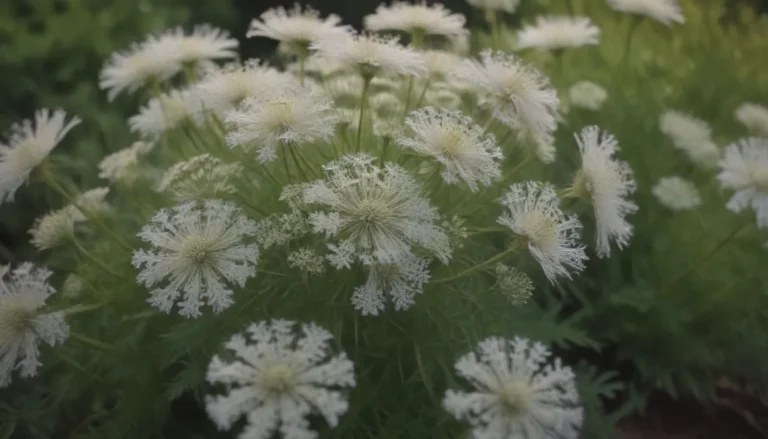Mastering Flowerbed Mulching
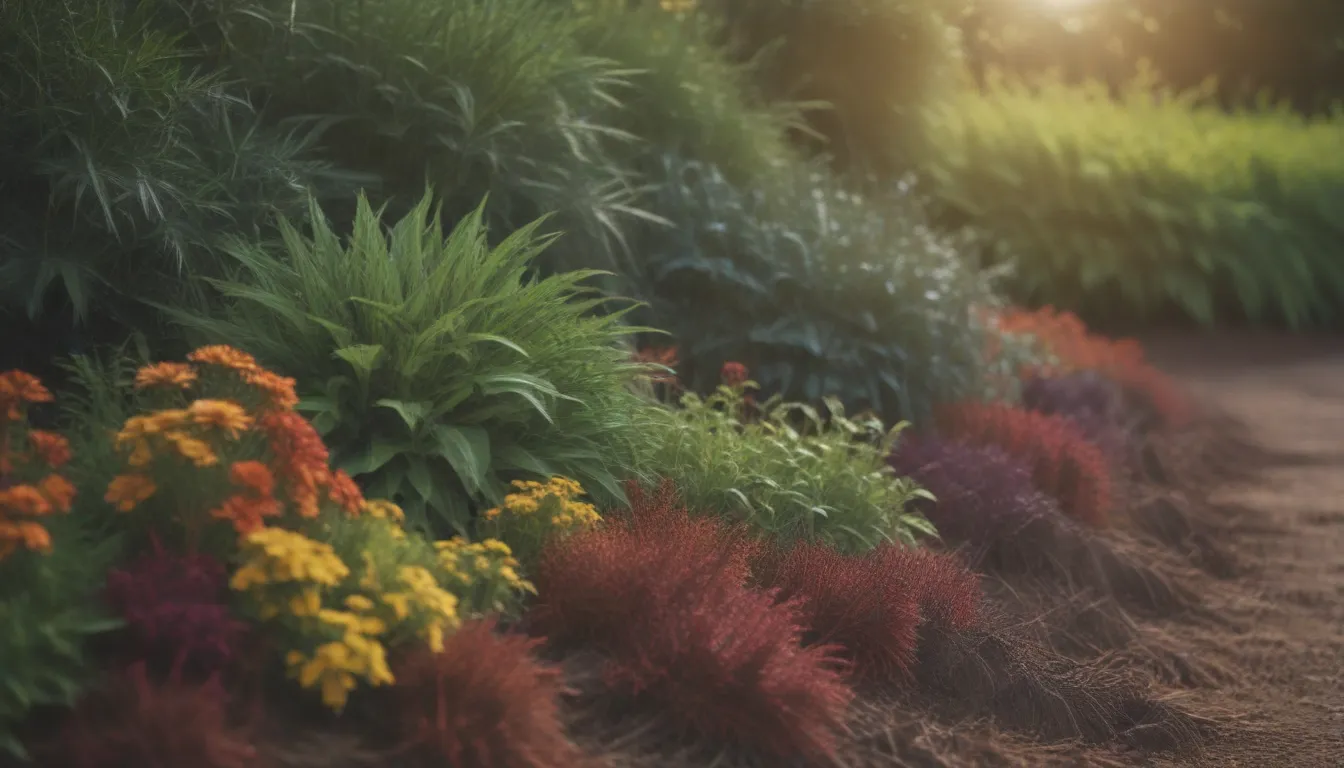
Flower enthusiasts understand the key role that soil, fertilizer, and water play in maintaining a healthy garden. However, the often overlooked hero in the garden maintenance story is mulch. Mulch serves as a powerful ally in helping your garden thrive by providing essential benefits to the soil and plant roots. So, let’s dive into the world of flowerbed mulching and discover the secrets to a flourishing garden.
Unraveling the Magic of Mulch
Mulch serves various purposes in a flower garden, making it an indispensable tool for gardeners. Here are some of the ways mulch works its magic:
- Keeps soil and roots cool
- Retains soil moisture
- Prevents weed growth
- Fertilizes the soil
- Encourages earthworm activity
- Protects plants from soil-borne diseases
- Adds aesthetic appeal to the landscape
Soil Types and Mulch Benefits
Mulching is beneficial for all soil types, whether it’s sandy or clay soil. Here’s how each soil type benefits from mulch:
- Sandy Soil: Mulch helps retain moisture in sandy soil, preventing rapid drainage.
- Clay Soil: Mulch increases aeration in clay soil by promoting earthworm activity.
- Organic Breakdown: All soil types benefit from organic mulches breaking down and providing essential nutrients.
Organic vs Inorganic Mulch
When it comes to mulch, you have the option to choose between organic and inorganic varieties. Let’s explore the differences between the two:
- Organic Mulch: Made from carbon-containing materials, organic mulch includes options like wood chips, compost, and grass clippings. It enriches the soil as it decomposes and improves soil quality.
- Inorganic Mulch: Non-carbon containing materials like rocks and rubber playground mulch fall under this category. While they offer benefits like weed suppression and soil moisture retention, they do not enrich the soil like organic mulches.
Delving into Dyed Mulch
Have you ever considered using dyed mulch to add a pop of color to your garden bed? Here’s what you need to know about this vibrant option:
- Natural Aging: Hardwood mulch weathers to a grey color over time.
- Dyed Mulches: Red and black mulch are dyed using carbon-based and iron-oxide dyes respectively.
- Safety Concerns: Dyes used in mulch are not considered harmful, but it’s essential to be mindful of the source of the wood to avoid any potential issues.
Calculating Mulch Needs
To ensure your flowerbed gets the right amount of mulch, follow these guidelines:
- Aim for a one to four-inch layer of mulch.
- Consider the size and type of mulch particles when determining the amount needed.
Maintaining Your Mulched Garden
Mulching is not a one-time activity; it requires regular maintenance to keep your garden in top shape. Here are some tips to keep in mind:
- Regular Refreshing: Small mulch particles break down quickly and may need refreshing during the growing season.
- Longevity: Larger mulch particles like pine nugget bark last longer and require less frequent refreshing.
Timing Is Everything
Knowing when to apply mulch is key to its effectiveness in the garden. Consider these seasonal insights:
- Spring: Mulch helps suppress weeds as plants start to grow.
- Summer: Provides protection from intense heat.
- Fall: Renew mulch layers with fallen leaves and amend the soil.
- Winter: Prevents frost heaving of plants during cold months.
Smart Ways to Save on Mulch
Mulching doesn’t have to break the bank. Here are some creative ways to save money:
- Local Resources: Check with your utility company for free tree trimming remnants.
- DIY Options: Newspapers, cardboard, and even coffee grounds make excellent mulch bases.
- Community Collaboration: Join forces with neighbors to gather leaf bags and other organic materials.
Mulching Flower Containers
Don’t forget your flowering containers when it comes to mulching. Here’s why mulch is beneficial for container plants:
- Prevents soil from drying out quickly.
- Adds an aesthetic touch to container gardens.
- Consider using premium mulch options like sphagnum moss or decorative marbles for added visual appeal.
In conclusion, mastering the art of mulching your flowerbeds is a game-changer for any gardener. By understanding the benefits of mulch, choosing the right type for your garden, and maintaining it effectively, you can elevate your garden to new heights of beauty and health. So, grab your mulch and get ready to transform your flowerbed into a thriving oasis of color and life!
